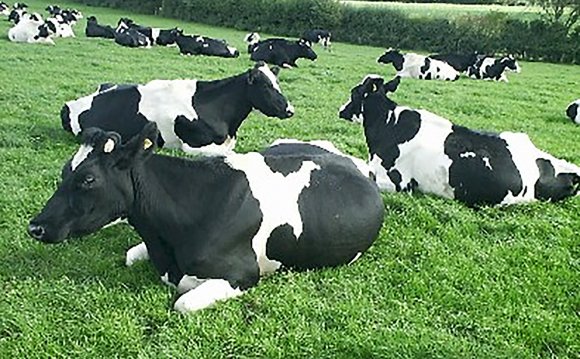
How will I know if I’m producing enough breastmilk?
It's quite normal to worry about your milk supply when you start breastfeeding your baby.The best indication that you’re producing enough milk is that your baby is putting on weight and growing along his growth curve. It’s normal for a newborn to lose weight in the first few days, but then start to put on weight again three to five days after birth. Babies usually go back to their birth weight by the time they are 14 days old.
Here are other signs that your baby is getting enough milk:
- Breastfeeding feels comfortable and painless.
- Your newborn is feeding at least six to eight times a day and is content after a feed.
- Your breasts feel emptier and softer after feeds.
- You can see and hear your baby swallow while he is feeding.
- Your baby comes off your breast spontaneously when he's finished.
- Your baby passes urine at least seven times in 24 hours and when he passes stool, it is yellow with little lumps of what looks like curdled milk. An exclusively breastfed baby can poo several times a day or only once in five days; both situations are considered normal.
In most cases of suspected low milk supply, the real problem is not about how much milk you have, but how much milk your baby is able to get at. Make sure that your baby latches on well so that he is able to effectively extract the milk you have.
Breastfeeding your baby frequently and on demand is also important to help you establish and maintain good milk supply. If your newborn is very sleepy, you may need to wake him and gently encourage him to feed more often. This will stimulate your breasts to produce more milk.
Your body adapts milk production to the amount being demanded. So if you start supplementing your milk with formula or other supplements, your milk supply will go down. The more you feed your baby, the more milk your body will produce.
If you are at all worried about your baby’s weight gain or feel that you are indeed not producing enough breastmilk, it is best to speak to your doctor. She will be able to give you advice or offer treatment as required.
There is a common belief that certain foods can help to increase breastmilk production. The truth is that there is very little research in this field and what little research is available is often not reliable enough to be conclusive. Here is a look at the foods that are commonly believed to help with breastmilk production and what we know about their effectiveness.
What foods are believed to increase breastmilk production?
Although there is very limited, or in some cases, no scientific research to prove that the following foods help increase breastmilk, they have been served for generations to lactating mums and many mothers feel that these foods helped them.YOU MIGHT ALSO LIKE











